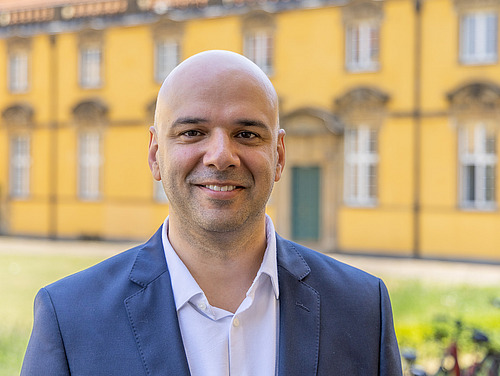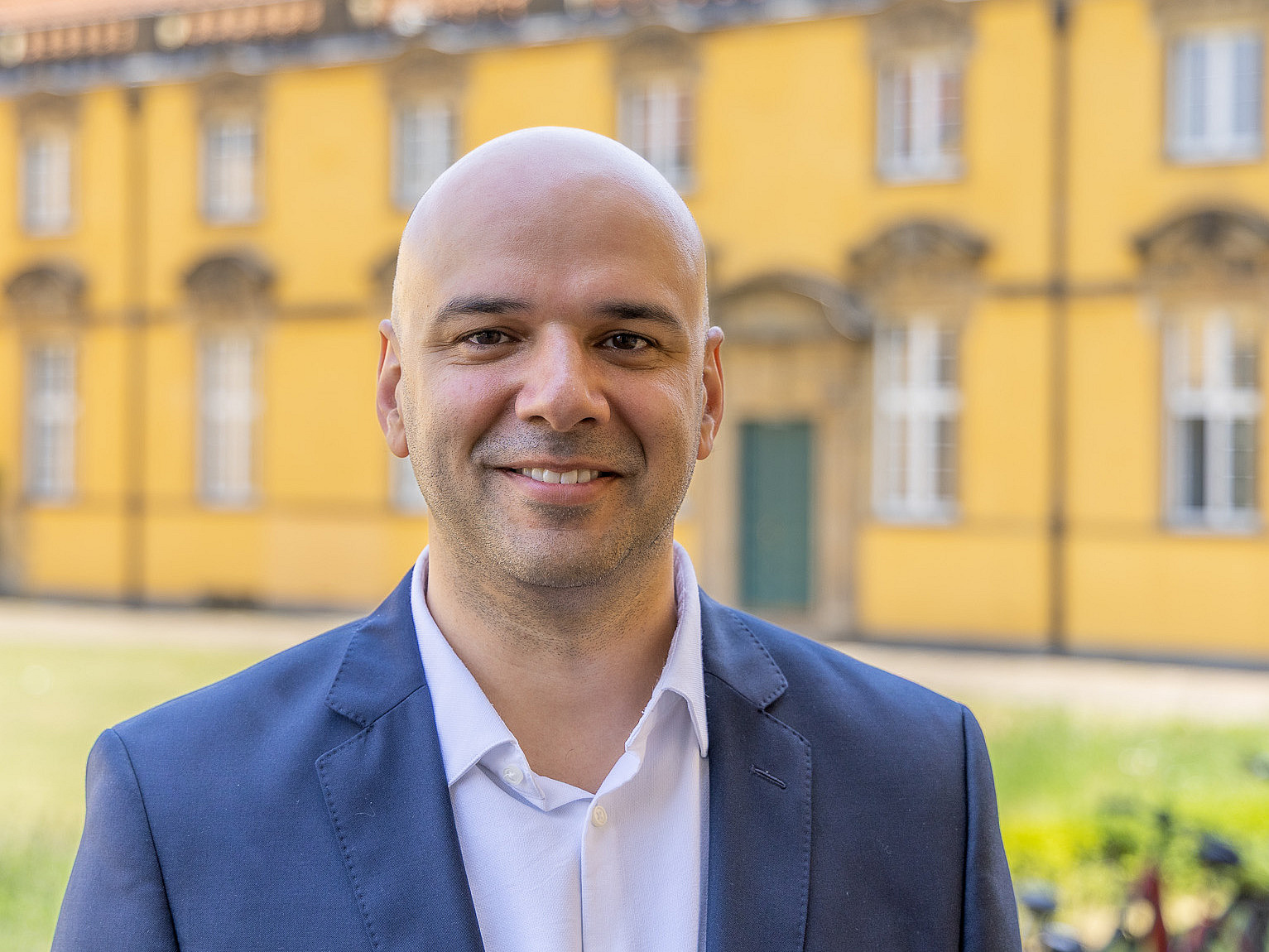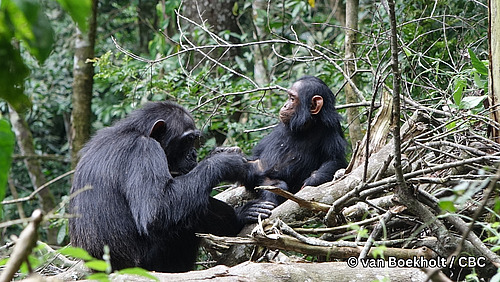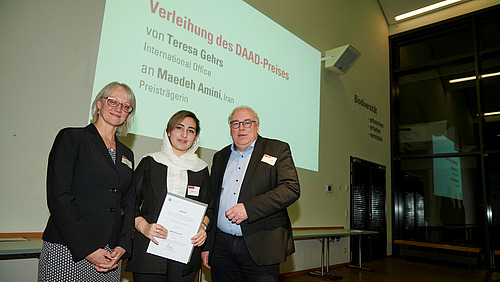Prof. Dr. Rottmann's research focuses on the reliability and efficiency of artificial intelligence (AI). To this end, he develops methods that indicate the uncertainty of an AI. This helps, for example
- identify image content incorrectly recognized by the AI,
- identify objects that are still unknown to the AI and
- detect incorrect annotations in data sets.
One application of Prof. Dr. Rottmann's research is automated driving. In Osnabrück, he is looking forward to developing the automation of agriculture as a new research topic for himself.





